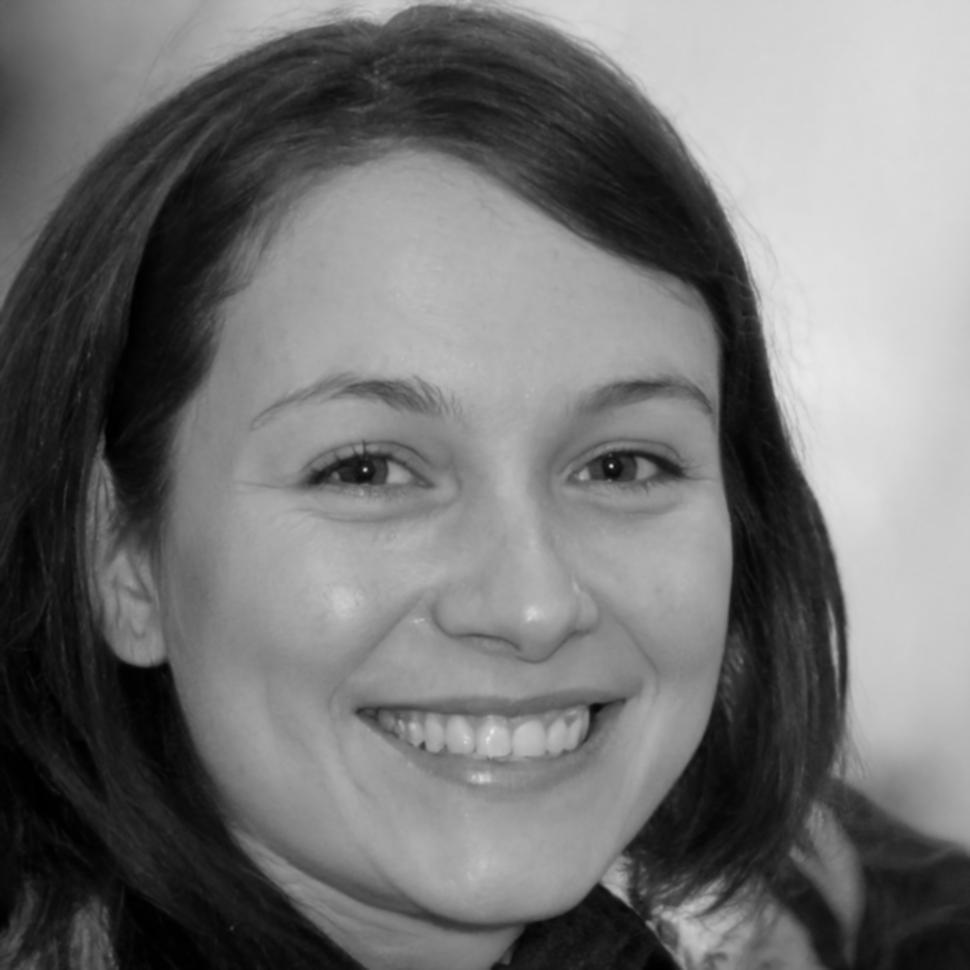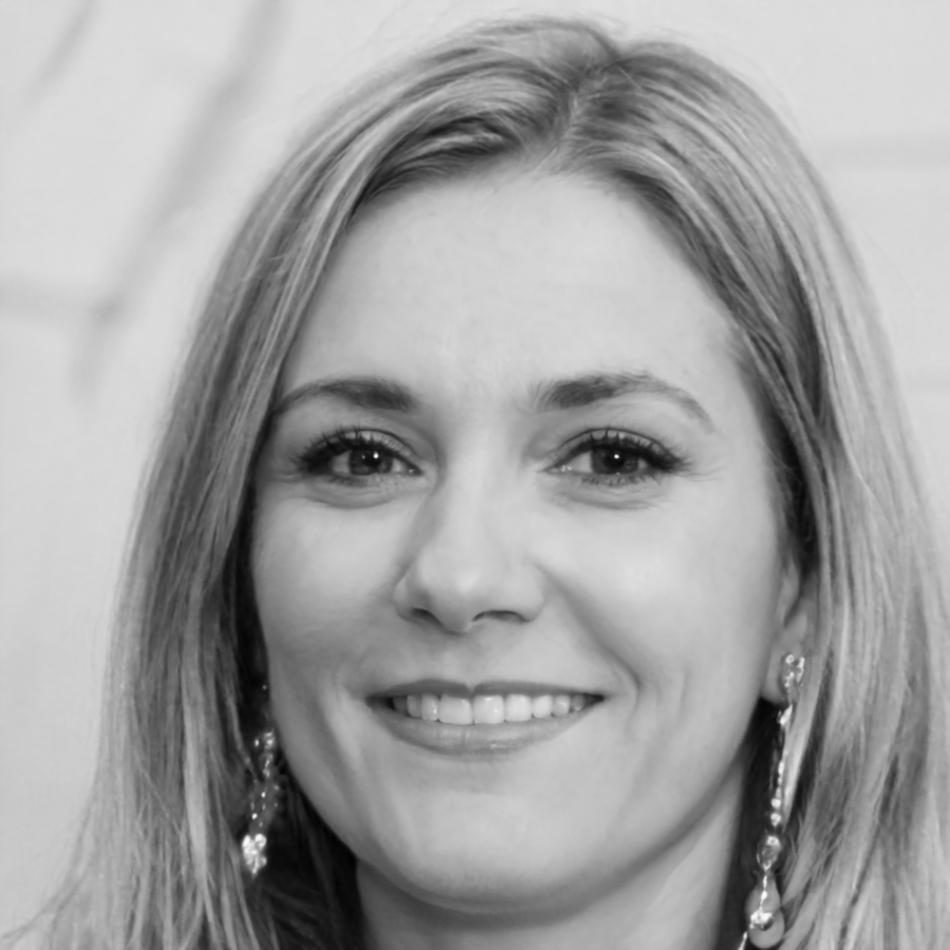Budget Contingency Planning Masterclass
We've been working with Australian businesses since 2019, and here's what we've noticed — most people don't plan for financial surprises until they're already in trouble. This programme changes that.
Over nine months, you'll learn the actual techniques we use with clients in Bendigo and across Victoria. Not theory from a textbook. Real methods that helped businesses survive supply chain disruptions in 2023 and navigate interest rate changes in 2024.

Who You'll Learn From
Both instructors work with actual clients during the day. They bring current examples and challenges from real businesses — not just what worked five years ago.

Briony Kelleher
Lead Instructor
Briony spent twelve years managing finances for manufacturing companies before moving into education. She's taught versions of this programme since 2021. What students appreciate most is her focus on contingency planning that actually fits small business budgets — not corporate-sized reserves that aren't realistic for most operations.

Saskia Pemberton
Financial Modelling Specialist
Saskia teaches the technical side — building models that help you test different scenarios before making decisions. She worked in agricultural finance before joining our team in 2023, so she understands seasonal businesses and industries with variable income. Her approach focuses on practical spreadsheet skills rather than complex software.
What the Programme Covers
Foundation Phase (Months 1-3)
You start by understanding your current financial position and identifying where vulnerabilities exist. Many participants discover risks they hadn't considered — like supplier concentration or seasonal cash gaps.
Planning Phase (Months 4-6)
This is where you build your actual contingency plans. You'll create multiple scenarios and test them against different economic conditions. We use real examples from 2024's interest rate environment and 2023's supply issues.
Implementation Phase (Months 7-9)
The final phase focuses on putting your plans into practice. You'll develop monitoring systems and early warning indicators. Most importantly, you'll learn how to adjust plans as conditions change — because they always do.
Programme Details and Enrollment
The programme runs for nine months with evening sessions every Tuesday from 6:30 to 9pm. Saturday workshops happen once a month for hands-on practice with financial models and scenario planning.
You don't need advanced Excel skills to start, but you should be comfortable with basic spreadsheets. By the end, you'll be building your own financial models.
What's Included
- 36 evening sessions with direct instructor access
- 9 Saturday workshops for intensive practice
- Template library for common scenarios
- Case studies from actual client work
- Access to recorded sessions for review
- Small group format (maximum 18 participants)
